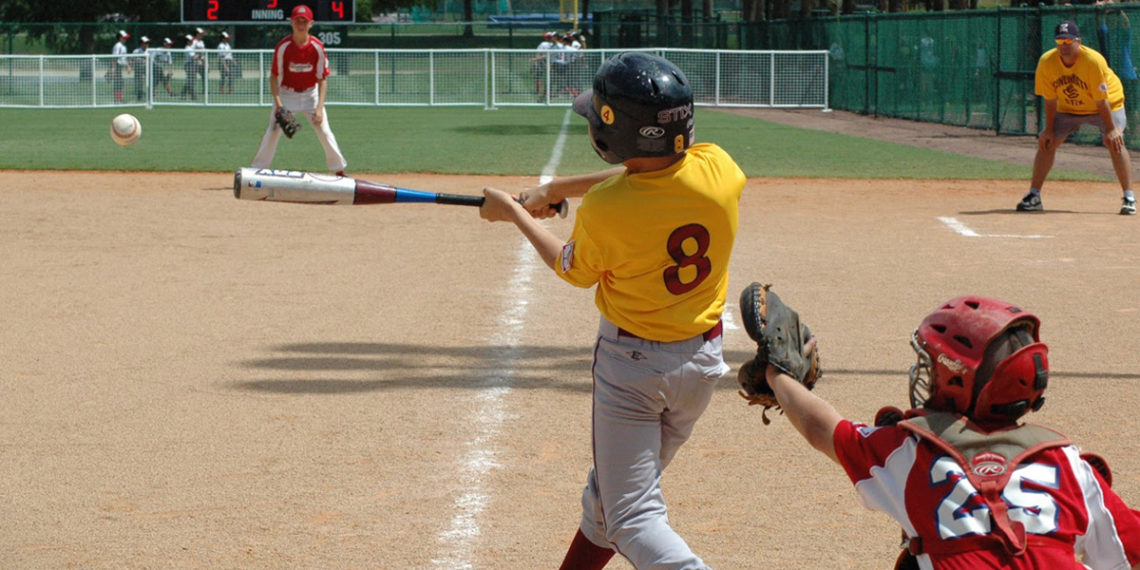
*The following is excerpted from an online article posted on PsychCentral.
Around age 9, many children stop engaging in physical activity just for the fun of it, according to a new Swiss study published in the journal Psychology of Sport and Exercise.
Researchers from the University of Geneva (UNIGE), Switzerland, followed 1,200 Geneva students ages 8 to 12 for two years. The team discovered that from the age of 9, the more positive, internally-driven reasons for exercising — it’s fun and good for your health — begin to get replaced with outside incentives: to get a good grade or improve one’s image with other people.
Society today is characterized by an increasingly sedentary way of life and a decline in physical activity, which is reflected in the growing number of overweight children (16 percent of children aged 6 to 12 in Switzerland).
For the new study, the researchers tracked 1,200 Geneva students ages 8 to 12 for two years. The children had to complete a questionnaire every six months to measure their motivation levels according to a seven-point scale based on different motivational controls related (or not) to practicing the actual activity: enjoyment, learning, health, grades, satisfying other people, integration, avoiding guilt or shame, and so forth.
“Our results showed for the first time that there is a sharp drop in positive motivations for physical activity (with good motivational qualities), such as pleasure or health, over a child’s time at primary school from age 9 onwards,” said Dr. Julien Chanal, a psychology researcher in UNIGE’s Faculty of Psychology and Educational Sciences (FPSE). “And we’ve never observed this decline at such a young age.”
In fact, motivations considered counterproductive (with poor motivational qualities), such as engaging in the activity to get a good grade or to send a positive image to one’s classmates, increase as a child gets older.
“It’s true that harmful motivations do also mean that a child is physically active but these motivational qualities are only positive in the short term, which is counterproductive for a child’s physical development.
“In fact, we know that if children are motivated by good reasons when they’re young, then they’ll remain active when they’re adults.”
Given that age 9 is a crucial time to establish good, healthy and long term physical activity, the way PE is taught at primary school needs to be analyzed, since compulsory education is the only place where every child can be reached, say the researchers.
“In recent decades,” said Chanal, “PE teaching has changed enormously. Classes are more academic, with children learning about rules, motor functioning, mutual support, etc.”
But this approach has a direct cost for the child since it reduces the actual time dedicated to moderate to vigorous physical activity, which is already rare outside school.
“Now that children don’t move as much as before outside school, it’s vital that the periods earmarked for PE maximize the time they spend moving,” said Chanal.
Source: PsychCentral
https://psychcentral.com/news/2019/06/06/by-age-9-many-kids-stop-exercising-for-fun/147553.html
Source: Home Word


